The National Assembly listened to the presentation of the Proposal on amending and supplementing a number of articles of the Law on Organization of People's Courts.
On the morning of May 8, continuing the 9th Session, the National Assembly listened to the Presentation and Report on the Draft Law on amending and supplementing a number of articles of the Law on Organization of People's Courts. Comrade Le Minh Hoan - Member of the Party Central Committee, Vice Chairman of the National Assembly chaired the meeting.
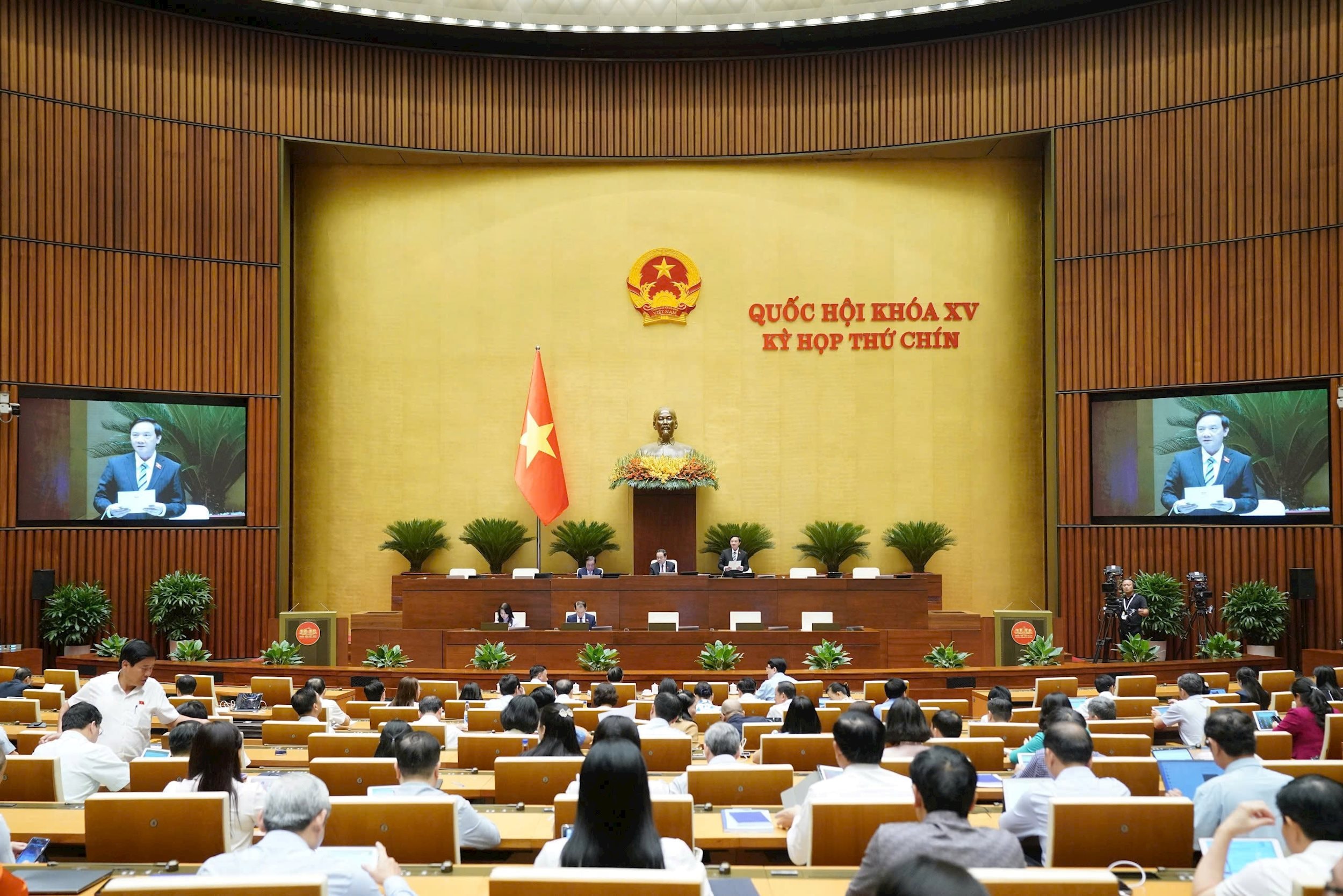
The Draft Law amending and supplementing a number of articles of the Law on Organization of People's Courts aims to implement the Party's policy. The Party Committee of the Supreme People's Court has developed a Project on continuing to arrange and streamline the People's Court apparatus to ensure effective and efficient operations, meeting the requirements of judicial reform in the new situation.
In which, the basic content is not to organize the intermediate level (ending the operation of 3 high-level People's Courts), not to organize the district-level People's Court but to replace it with the model of regional People's Courts.
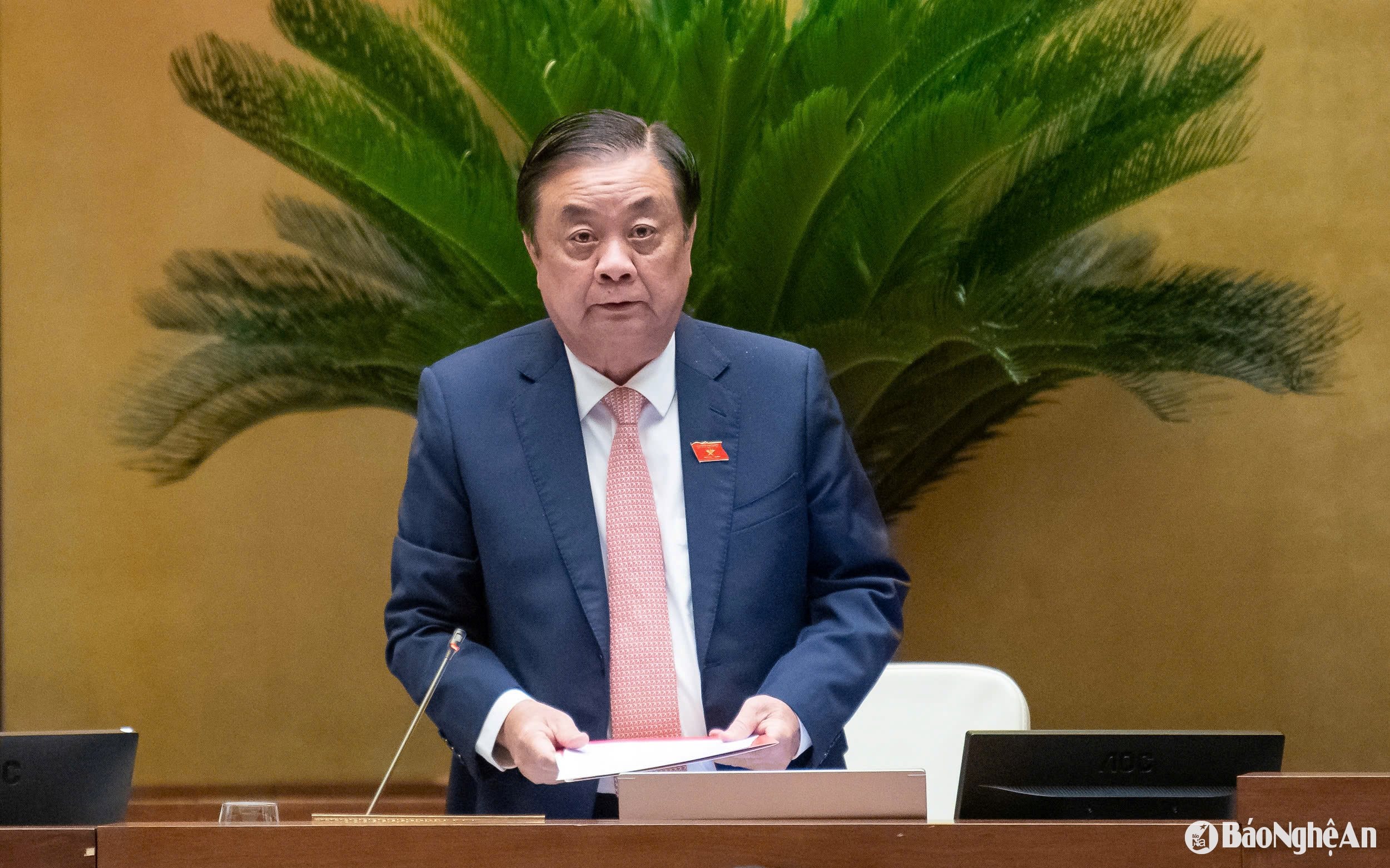
The organization of the Court system according to jurisdiction includes 3 levels: Supreme People's Court, provincial level, and regional level; adjusting tasks and powers between Court levels and the number of Supreme People's Court judges.
On that basis, the Draft Law has amended and supplemented regulations on the organization, tasks, and powers of People's Courts, the number, standards, and conditions for appointing Judges of the Supreme People's Court, and related regulations.
Regarding the organizational model of the People's Court, the Draft Law has amended and supplemented regulations on the organization of the Court system in the direction of ending the activities of the High People's Court and the District People's Court; establishing regional People's Courts; converting specialized first-instance People's Courts into specialized Courts within the regional People's Courts.
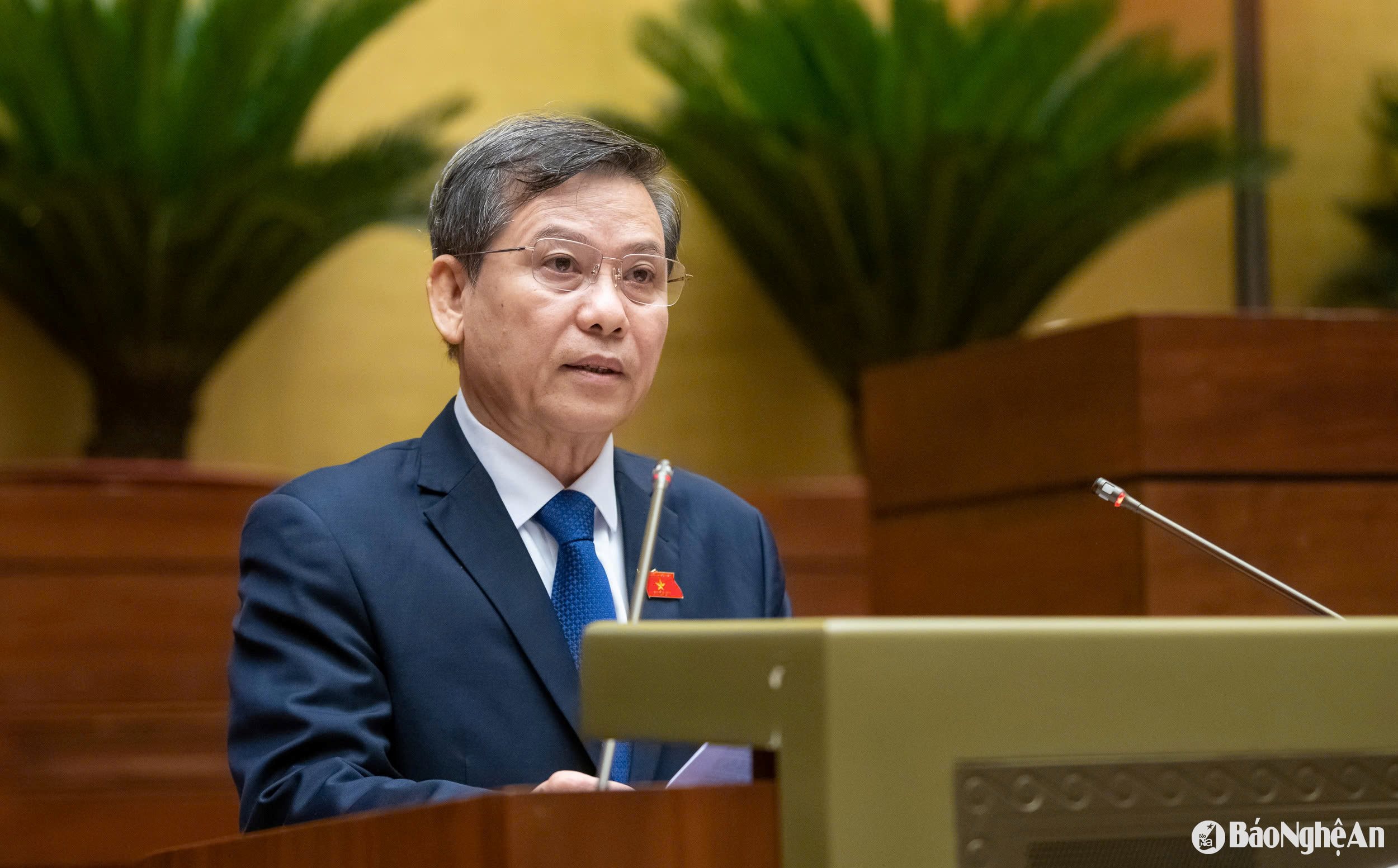
Accordingly, the organizational model of the Court system includes: Supreme People's Court; People's Courts of provinces and centrally-run cities; Regional People's Courts.
Regarding the composition of the National Council for Selection and Supervision of Judges, the Draft Law supplements the composition of the Council to include 1 head of a unit under the Supreme People's Court who is a Judge of the People's Court, 1 Chief Justice of the Supreme People's Court of Appeal, 1 Chief Justice of a provincial People's Court appointed by the Chief Justice of the Supreme People's Court to replace 3 Chief Justices of the High People's Court (at Point d, Clause 1, Article 40 of the current Law).
Based on the organizational model of the 3-level Court system, the Draft Law amends and supplements the provisions on the duties, powers and organizational structure of the Courts. Specifically:
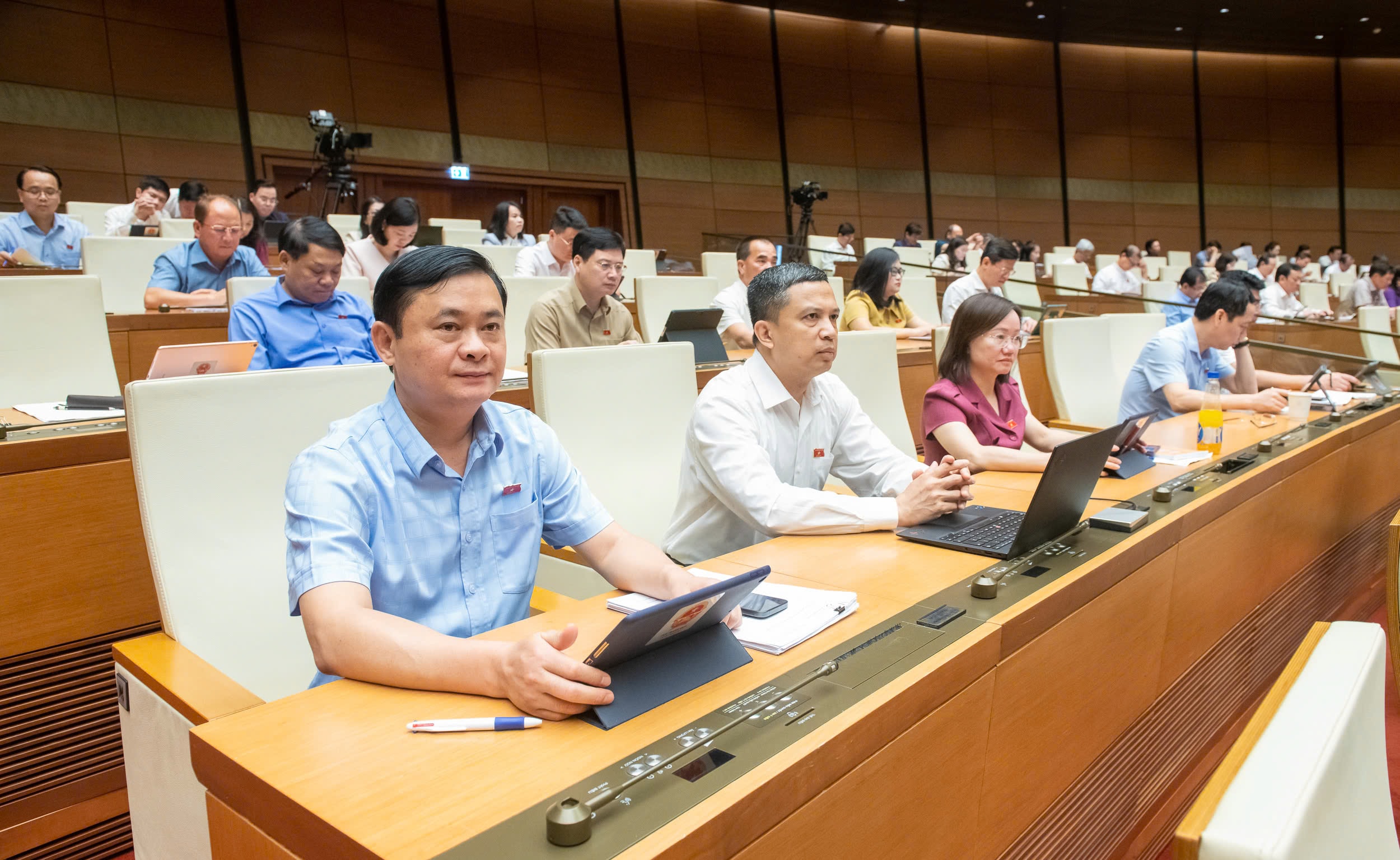
For the Supreme People's Court: Supplement the tasks and powers of appeal of criminal cases in which the judgments and decisions of the provincial People's Courts that have not yet taken legal effect are appealed or protested (amending Article 46 of the current Law); Supplement the provisions in the organizational structure of the Supreme People's Court that there are Supreme People's Court Appellate Courts.
Increase the number of Supreme People's Court judges from 13 to 17 to 23 to 27.
Add a law regulating the duties and powers of the Supreme People's Court of Appeal (add Article 49a).
For the People's Courts of provinces and centrally-run cities: Amend and supplement the regulations on the first-instance trial tasks of the People's Courts at the provincial level in the direction that the People's Courts at the provincial level will try at first instance criminal cases in which the highest penalty is over 20 years in prison, life imprisonment, death penalty and other serious and complicated criminal cases.
Supplementing the duties and powers of the final review and retrial of judgments and decisions of the Regional People's Court; Amending and supplementing regulations on the organizational structure of the Provincial People's Court.
For regional People's Courts: Restructure the People's Courts of districts, towns, cities under provinces, and cities under centrally run cities into regional People's Courts.
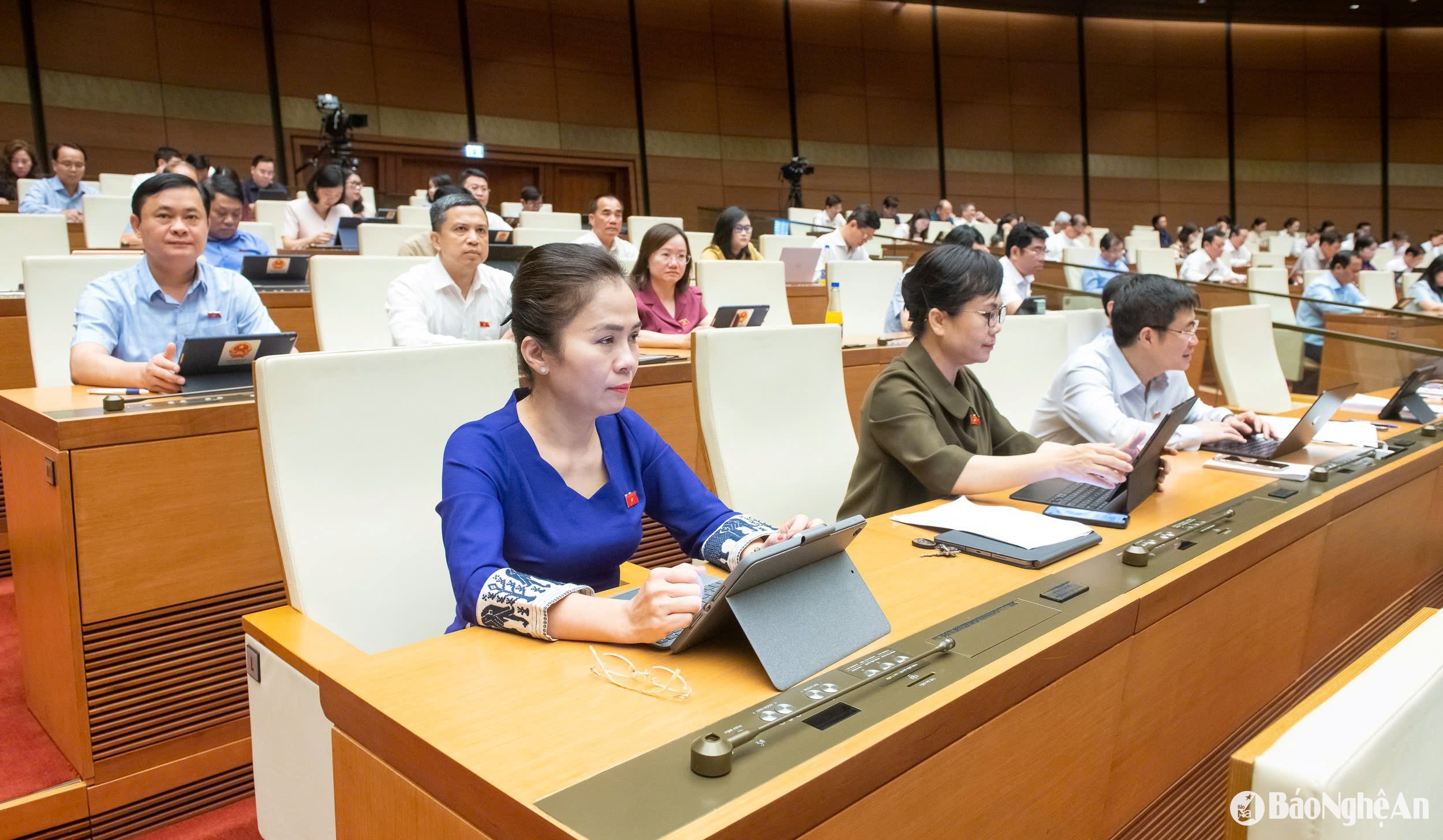
Amending and supplementing regulations on the organizational structure of regional People's Courts, including regulations that regional People's Courts have specialized courts including: Criminal Court, Civil Court, Administrative Court, Economic Court, Family Court and Juvenile Court.
Supplementing regulations in a number of regional People's Courts with Bankruptcy Courts and Intellectual Property Courts, the territorial jurisdiction of these specialized Courts is prescribed by the National Assembly Standing Committee.
In addition, the Supreme People's Court plans to organize 3 Bankruptcy Courts at 3 regional People's Courts in Hanoi, Da Nang and Ho Chi Minh City; and 2 Intellectual Property Courts at 2 regional People's Courts in Hanoi and Ho Chi Minh City.
In addition, amend and supplement the provisions related to adjusting the duties and powers of the Chief Justice of the Provincial People's Court, Judges of the People's Court; standards and conditions for appointing Judges of the Supreme People's Court; Supplementing the duties and powers of protesting according to the procedures for cassation and retrial of judgments and decisions of the Regional People's Court; Supplementing the duties and powers of responding to petitions for cassation and retrial according to the provisions of the Chief Justice of the Supreme People's Court
The draft law amends, supplements and abolishes a number of articles of 14 relevant laws to comply with the new authority of the People's Courts; transitional provisions.
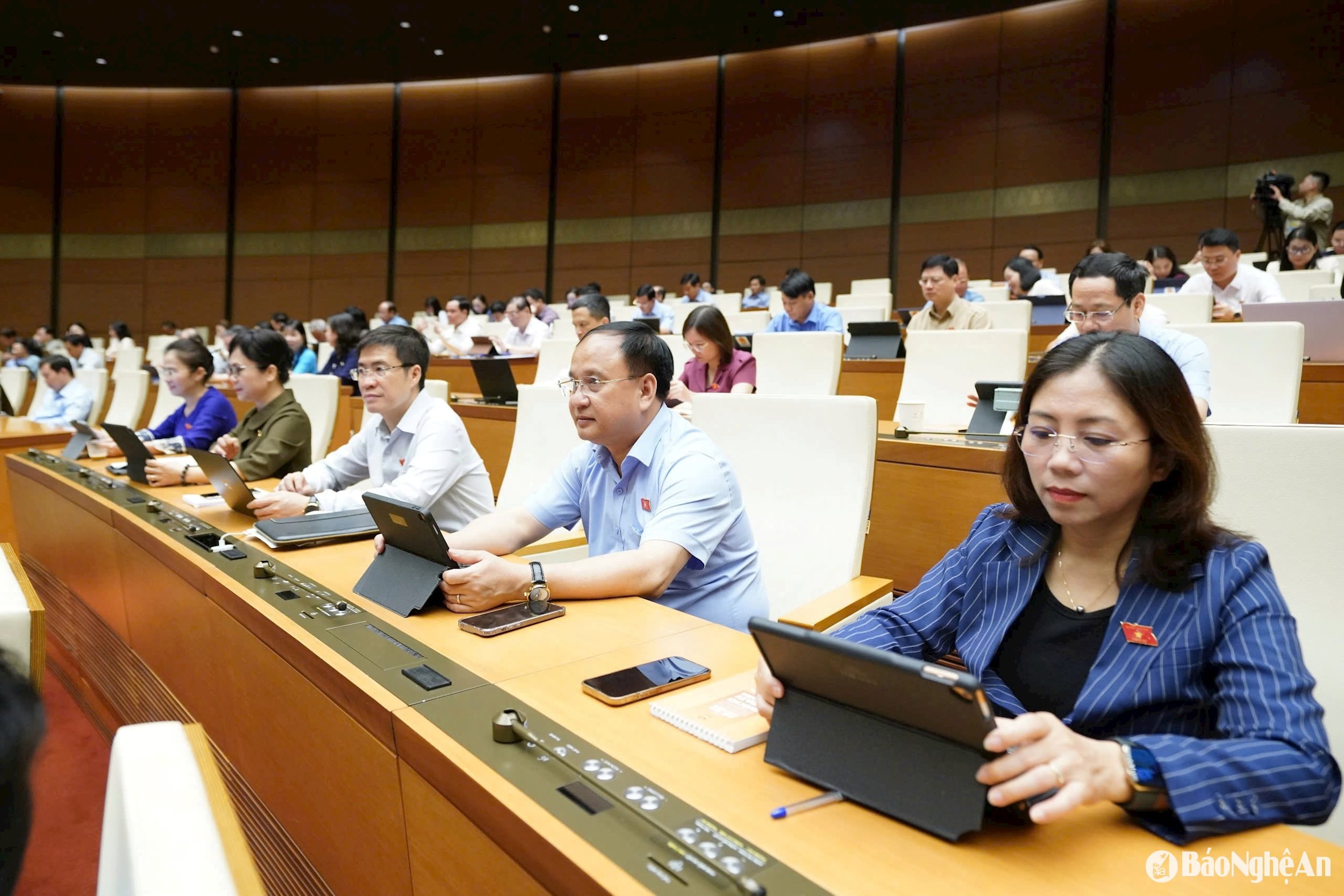
Continuing the program of the 9th Session of the 15th National Assembly, the National Assembly held a plenary session in the hall to listen to the Presentation and Report on the examination of the Draft Law on amending and supplementing a number of articles of the Law on Organization of the People's Procuracy; Presentation and Report on the examination of the Draft Law on Inspection.
Along with that, the National Assembly listened to the Report on explanation, acceptance and revision of the Draft Law on Chemicals (amended); then, the National Assembly discussed in the hall a number of contents with different opinions of the Draft Law on Chemicals (amended).


